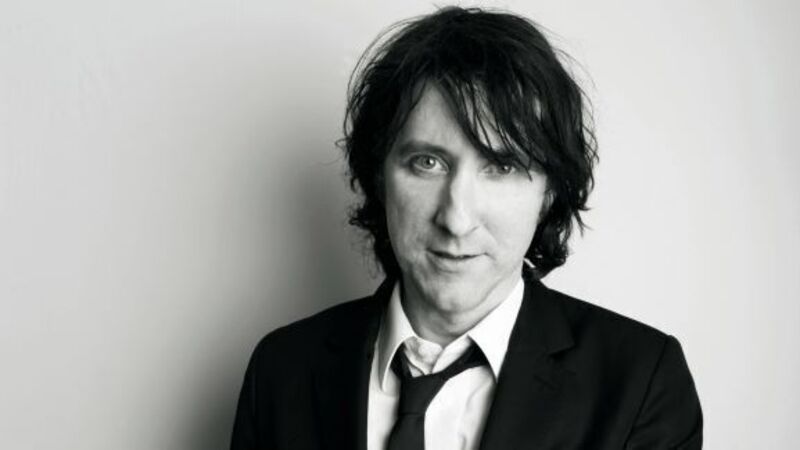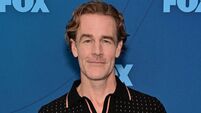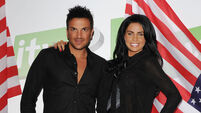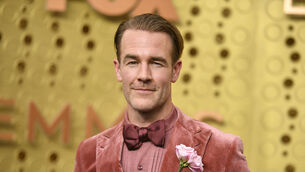Can’t stop the music

“We had a number-one album, a top-ten single and headlined Glastonbury,” says Morrison, quietly spoken frontman of 1990s alternative-rock band, Carter the Unstoppable Sex Machine. “When I remind people of this, they’re astonished. The one that really stands out for me was Glastonbury. Nobody believes that happened. I must say, at the time it was an unpleasant experience. We had a row with the organiser because our set was cut short. We were pretty mad. But we did it all the same.”
This was 1992, the year their record The Love Album was number one and they had a massive radio single with ‘The Only Living Boy In New Cross’. That track summed up everything great about Carter: an impassioned cross between Pet Shop Boys and Billy Bragg, it was groovelicious but with heartfelt lyrics.










